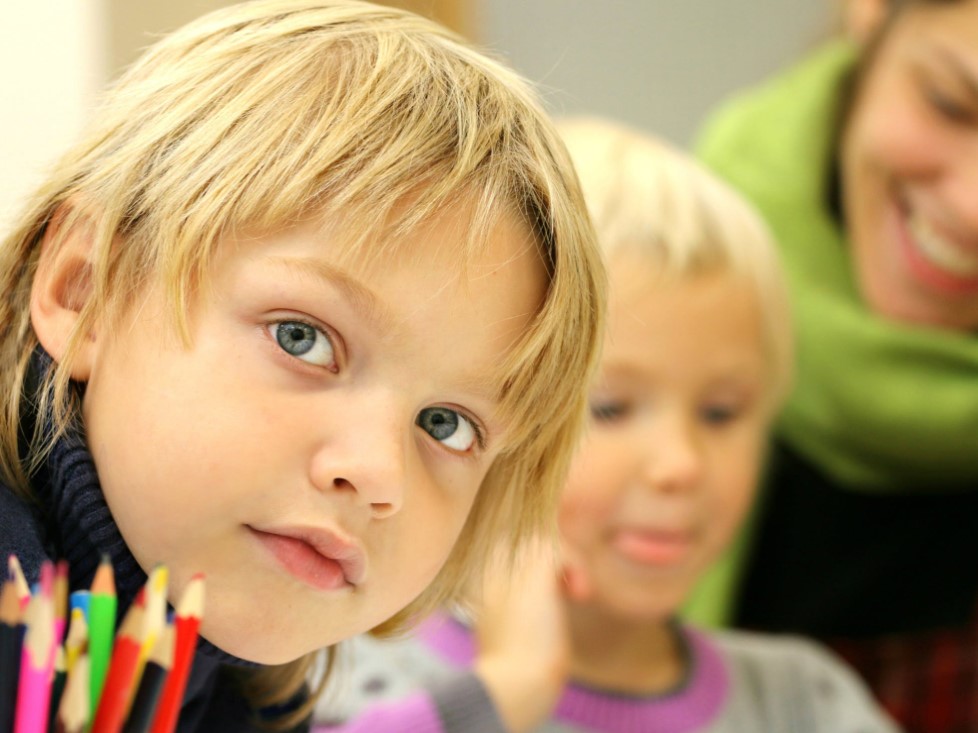4 Resilience Building Strategies for Directors and Educators in Childcare

Early Childhood Educators have the responsibility of ensuring both the academic and social & emotional needs of a diverse range of learners are met. Due to the psychologically demanding nature of the profession, Educators report experiencing daily levels of high stress. This level of demand, often without sufficient supportive resources, plays an active part in the nearly 40% attrition rate for educators within the first 5 years of teaching. The high level of stress and burnout is exactly why Educators require access to and training in employing resilience programs in diverse and challenging environments.
To care for a child, you must first be able to take care of yourself. The evidenced-based program Wings to Fly, provides a platform for educators to critically reflect upon a variety of situations in the classroom, understanding that every interaction with a child impacts upon their wellbeing and mental health. These critical reflections are designed to empower educators with the skills they need to develop their own professional resilience, while improving outcomes for the children. The following are 4 important fundamentals of resilience training.
Build supportive relationships
Especially true for new teachers, building supportive working and personal relationships is a critical aspect of strengthening your own individual resilience. Studies have shown that people are capable of tolerating more stress when they have supportive relationships with managers and colleagues. But asking for help can be hard to do, especially for educators in a new environment or new to the industry. It is important to be proactive in supporting your colleagues and students throughout their own resilience development. Think about ways you can help create a collaborative culture of resilience. A collaborative approach to problem solving helps educators obtain support for their ideas, share knowledge, vent frustrations and build relational resilience. Finding a mentor can also provide educators with extra support, getting advice from someone who has been through similar situations is a great way of feeling comfortable when reflecting on mistakes and also to get reassurance you are on the right track.
Practice mindfulness
Mindfulness is the act of paying specific attention to a subject in the present moment in a non-judgmental way. How we think and behave often dictates how we feel. It is important to think deliberately and be in the moment. Looking for the positives in every situation has been shown to lower stress and allows us to access more creative and constructive parts of the brain. Teachers who are in tune with their own mindfulness and positivity are more effectively able to use and teach the skills in a learning environment. Recent studies have also shown that educators who are more social-emotionally competent are better equipped to support children's behaviours, emotional exhaustion and are less likely to experience burnout due to these stresses.
Believe in yourself
In the first year of teaching, educators suffer heightened emotional exhaustion and a decrease in their own self-belief. Resilience training for educators helps foster a sense of self-efficacy, feeling confident in what they are teaching and competent in their skills. For over three decades, researchers have studied the link between teacher self-efficacy and student development. Teacher’s self-efficacy has been described as a little idea with a big impact, having a profound effect on resilience and persistence. Simply put, if you don’t believe in your own ability to bring about children's developmental outcomes and maintain a positive effect, how can the children in your care believe? Research suggests that teachers with a belief in their abilities tend to be better at lesson planning, more able to bounce back in challenging situations, and more open-minded and supportive of children in their care.
Look after your health and wellbeing
Care for yourself – so you can care for children. Teachers who are resilient actively take care of themselves. Doing things that you enjoy outside of work is important in maintaining a healthy work/life balance. Things like leaving enough time for rest and relaxation, socialising, eating well, and getting enough sleep will help keep your health regulated. Resilience training techniques focused on calmness, breathing, relaxation and sensory awareness have also received good feedback from Educators.
Being a Director or an Educator of a childcare facility is a mentally, physically and time consuming role. It is important to strategically set aside time each day to actively work on building your own resilience. Taking time out of your day to continually develop your skills is not only important on a personal level, but the outcomes of the children in your care also depend on it. Allow yourself time to deconstruct and reflect on a particularly positive activity in the classroom, bounce ideas off your senior colleagues and take a deep breath and be thankful for the day. You’ll find your mind is clearer, more focused and your body-head-heart will be working symbiotically to positively affect the lives of the children and people around you.

